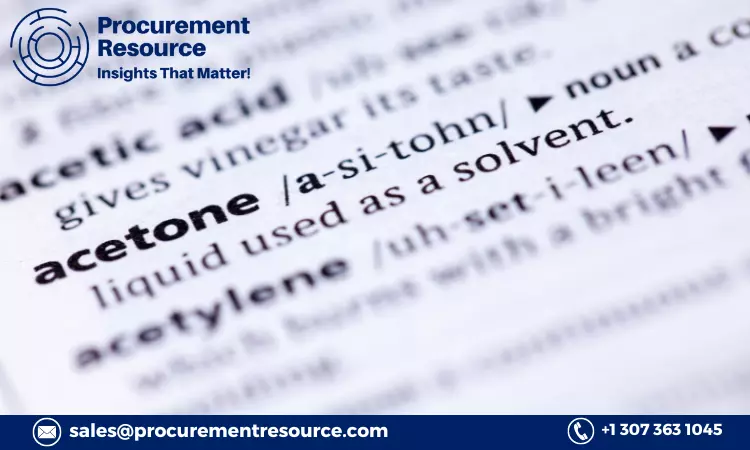Despite registering a price hike in factory prices for Acetone, the market seems stable

In the period between August 9th and August 15th, the national acetone market in China saw a slight increase in price, from 6,825 RMB/ton to 6,950 RMB/ton, despite this being characterized as a cumulative decrease of 1.85%. Sinopec East China Phenol Ketone Enterprise raised its acetone price by 150 RMB/ton to 6,800 RMB/ton, while Sinopec North China set its price at 6,900 RMB/ton.
Although factories have been raising their listed prices, the market has remained relatively stable with limited fluctuations and a calm seller mentality. Downstream buying has focused predominantly on small orders, and intermediate trader participation has been limited. Despite price increases initiated by factories, the market supply pressure has been minimal, with a narrow upward trend in the acetone market observed.
Request Access to the Latest Price Trends of Acetone
The operating rate of phenolic ketone enterprises stands at around 70%, with these enterprises having turned losses into profits, though the theoretical profit margin remains constrained.
From an upstream perspective, pure benzene prices initially fell but later rose to 7,650 RMB/ton. Rising crude oil prices have generally supported downstream market prices, but demand has been weak, and price-driving momentum has been low.
On the downstream side, the bisphenol A market has remained strong due to limited resources, with domestic negotiations ranging from 10,700 to 10,750 RMB/ton. The MIBK market has remained stable, with demand as the primary driver and negotiated prices at 12,600 RMB/ton.
Read More About Benzene Production Cost Reports - Get a Free Sample Copy in PDF
According to Procurement Resource, despite factories, including Sinopec divisions, raising acetone prices, China's broader acetone market has remained stable with limited fluctuations. Downstream buying is focused on small orders, indicating low enthusiasm for market entry. Upstream factors, such as fluctuating benzene prices and rising crude oil, have provided some support to downstream prices, but debile demand is curbing significant upward movement. In the downstream sector, the bisphenol A market remains strong due to tight supply, while the MIBK market maintains its stability.



.webp)